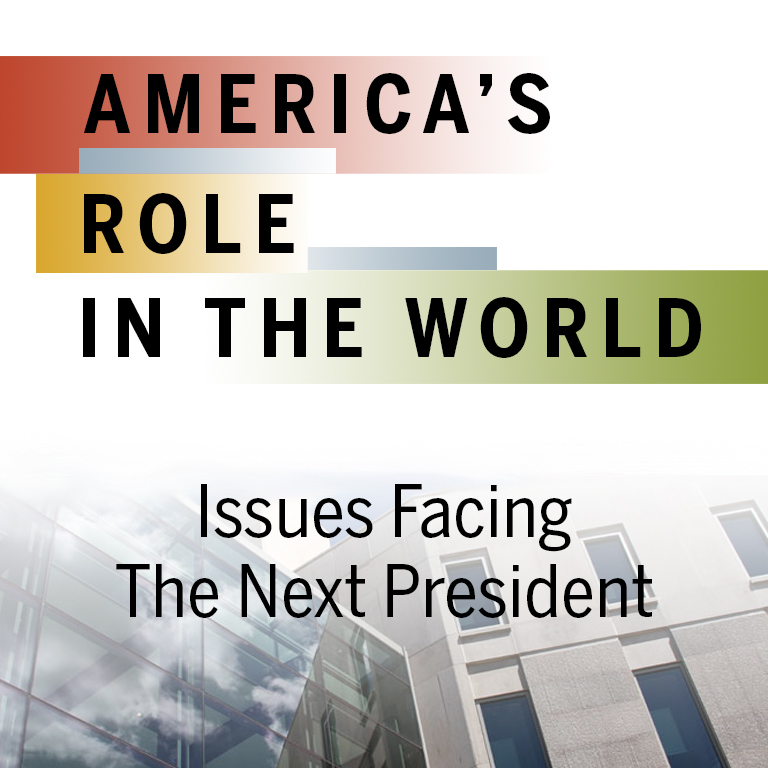
We Want To Understand
Obama’s visit and the summit with GCC leaders comes after the opinions which Obama expressed about Saudi Arabia and the GCC states in The Atlantic magazine stirred the anger of Gulf Arabs.
As you recall, Obama expressed four clear opinions:
He regarded Saudi Arabia and the GCC states as the source of terrorism in the region and around the world;
He suggested that Saudi Arabia and the GCC states are not true American allies, that they want to exploit American power for their own narrow interests, and that America will not acquiesce to them, or interject itself and its forces to defend them;
He considered Arab nations and institutions as generally backward and said there is no hope of reforming them; and
Obama called on Saudi Arabia to share the region with Iran, which he defended. This can only mean that America rejects the stance of Gulf Arabs toward Iran; i.e., Iran is a threat to them.
Obama expressed these attitudes with extreme clarity. It is unacceptable to suggest that what Obama said was just his personal opinion and unrelated to official American policy. If Obama were out of office, then it would be possible to accept this kind of talk, and his statements would not have roused any serious interest in the first place.
However, Obama is the president of the United States and intuitively expresses official positions and policies. Besides that, as we have written before, it is clear that American institutions are adopting these stances and behaving accordingly. Most important, actual American policies in the region in recent times confirm this.
In light of this, something does not make sense here.
After all that Obama has said, on what basis will the GCC states receive him and hold this summit?
Lately, several Gulf officials have issued statements downplaying Obama’s statements, saying that relations with America are strong, the strategic alliance with America stands unchanged, America will not leave the region, and so on.
We can understand these remarks in terms of being diplomatic statements that are confined by the constraints of formality; however, they cannot be accepted or trusted.
The reason is that they do not reflect reality. Obama showed no regard for diplomatic considerations. He did not even try to dress up his positions when he expressed them. There are issues here that do not make sense.
When the GCC leaders receive Obama and hold a summit with him, many questions need clarification and answering:
What did Kerry or other American officials say to the GCC leaders to explain or justify the candid opinions Obama expressed? What will Obama say?
Is what the Americans are saying acceptable? Is it possible to dispel any criticism, grounds for anxiety, or anger that arose from these opinions?
On what precise basis will this summit be held?
Have American officials presented anything new after Obama’s comments?
We know exactly what the American officials do every time a crisis or problems arises with Saudi Arabia or the GCC states. They affirm in several crafted statements their displeasure with Iranian intervention in the affairs of states in the region; or, assert that they disagree with Iran’s provocative actions; or, they state that they are interested in the security and stability of the nations in the region; or, something along these lines.
After what Obama said, it is no longer acceptable for us to take the position that “we’ve been fooled” by this kind of crafted talk and that we need to consider the matter.
We want to understand.
It is the duty of officials in our countries to give us a clear picture of what is really going on and on what basis they are receiving Obama.
In any case, we will wait and see.
*Editor’s note: The Gulf Cooperation Council or GCC comprises the member states of Bahrain, Kuwait, Oman, Qatar, Saudi Arabia and the United Arab Emirates.
**Editor’s note: GCC member countries, heads of state and the United States convened in Riyadh, Saudi Arabia on April 21, 2016.



The hijackers in the September 11 attacks were 19 men affiliated with al-Qaeda. 15 of the 19 were citizens of Saudi Arabia. The others were from the UAE, Egypt and Lebanon. Your extremist Wahhabi cult breeds terrorists and represses your female citizens. You have an awful, backwards monarchy/theocracy that is a throw-back to the 8th century. Wake up and smell the coffee please. Stop demonizing and killing people because their beliefs don’t match yours. Americans are sick of you phonies and we are also sick of Netanyahu and his Likud thugs. And we aren’t going to fight any more stupid wars for Saudi Arabia or Israel 🙂